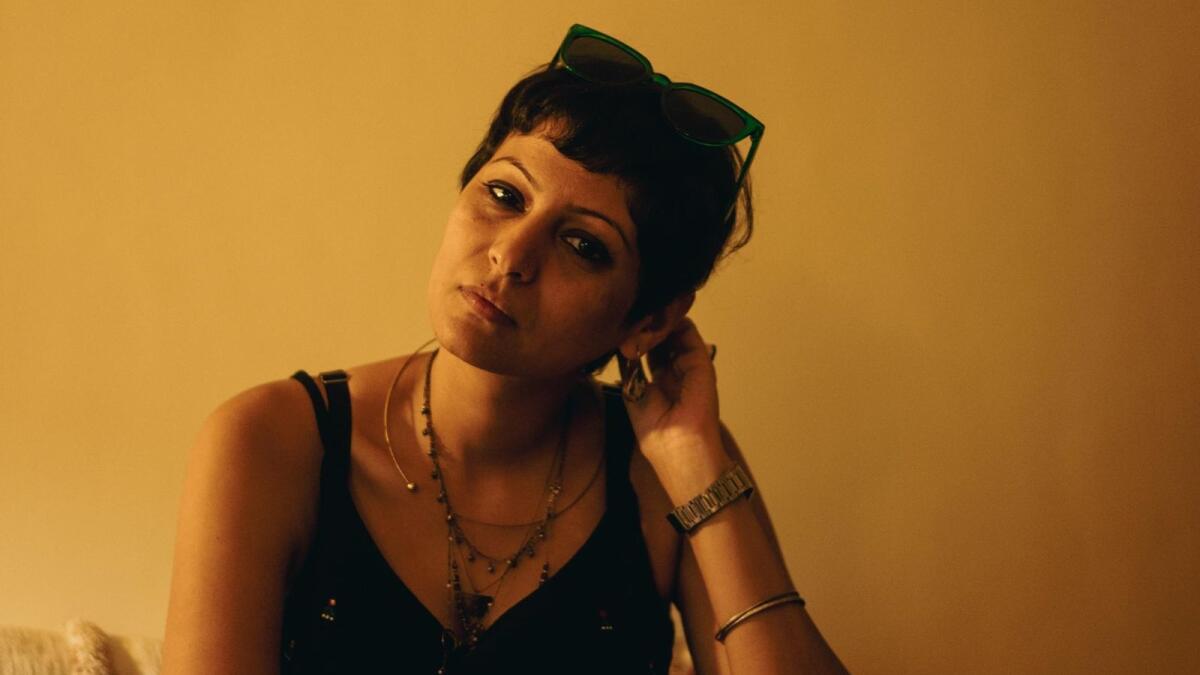Renowned screenwriter Atika Chohan, known for her impactful real-life drama “Chhapaak,” continues to captivate audiences with her ability to craft narratives rooted in reality. In a recent interview with City Times, Chohan reveals her current projects and shares insights into her creative process.
Chohan is currently working on a series adaptation of a non-fiction book that explores gender crimes. Despite the unfamiliar territory, she seeks to create content that resonates with both the masses and the classes. Chohan acknowledges that taking a populist stance may not come naturally to her, but she believes it is essential for people to watch and engage with her work. She also recently completed “Ulajh,” a literary adaptation.
“Agra,” one of Chohan’s earlier works, received praise at the Cannes Film Festival, while her current project, “Sahela,” an Indo-Australian collaboration executive produced by Dev Patel, is generating excitement. Chohan’s success has not come without its challenges. In the interview, she sheds light on the struggles faced by writers in the industry, often having to compromise their voices and negotiate their worth. However, she found strength in her isolation and remained steadfast in her beliefs.
Chohan emphasizes the importance of creating content that provokes thought and challenges societal norms. She believes that films like “Agra” and “Margarita with a Straw” serve a purpose of unsettling audiences, rather than educating the already well-informed. Chohan’s creativity lies in subtracting elements that do not align with reality, whether it be policy, procedure, or politics. Her characters also engage in constant negotiation, mirroring her own experiences.
The theme of the subaltern, or marginalized communities, is prominent in Chohan’s films. Drawing from her personal experiences of growing up in a dysfunctional family and navigating issues of caste, class, and gender, Chohan seeks to share her edited reality with audiences. Her resilience and problem-solving skills have shaped her storytelling and infused her work with humor.
Chohan’s success with “Chhapaak” led her to explore independent projects that align with her grounded approach to storytelling. Commercial cinema may not be her forte, but Chohan finds joy and fulfillment in projects that reflect real-life experiences.
When asked about her influences, Chohan mentions her admiration for co-writer Ruchi Narayan, who worked on “Hazaaron Khwahishen Aisi,” as well as filmmakers Konkona Sen Sharma, Aparna Sen, and Sai Paranjpe. She commends their diligence and expresses her support for women in cinema, particularly praising Zoya Akhtar’s commitment to her craft.
Protecting her inner compass is a crucial aspect of Chohan’s daily work. Her hyper-sensitivity, while both a curse and a gift, allows her to connect deeply with her stories. She acknowledges that criticism and setbacks are part of the creative process but emphasizes the importance of self-care and resilience.
As Chohan continues to captivate audiences with her compelling narratives, her dedication to crafting stories rooted in reality remains unwavering. Her unique perspective and ability to provoke thought through storytelling make her a trailblazer in the world of Indian cinema.

I have over 10 years of experience in the field of cryptocurrency and blockchain technology. I have attended numerous conferences and events around the world, and my work has been featured in major publications such as CoinDesk, Bitcoin Magazine, and Yahoo Finance.

